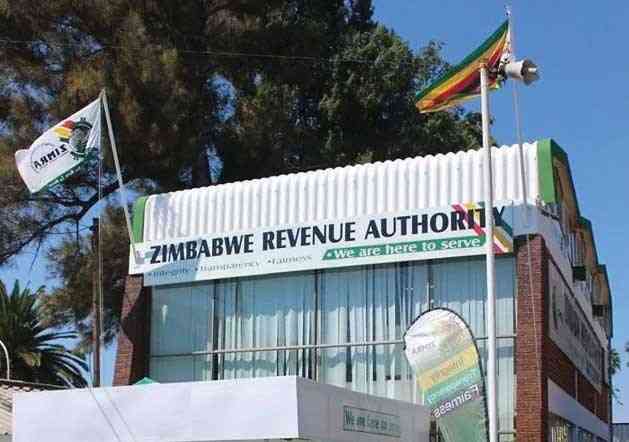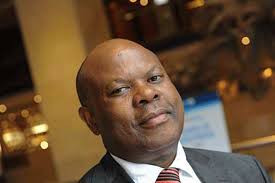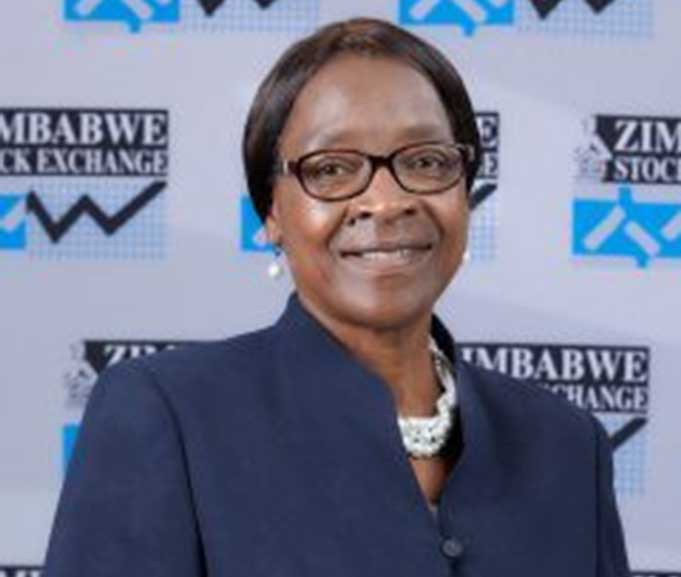
Zimbabwe’s small to medium-scale enterprises (SMEs) are contributing as little as 2% in taxes to the Zimbabwe Revenue Authority (Zimra), according to a senior official at the tax collection agency.
This translates into 98% of the value of funds being collected from formal companies and other sources, leaving the country’s biggest economy largely operating tax-free.
According to the International Monetary Fund and other organisations, Zimbabwe’s informal sector controls about 60% of the country’s gross domestic product.
The discrepancies also explain why development has lagged.
The revelations, made by Zimra domestic taxes commissioner, Misheck Govha in an interview with the Zimbabwe Independent, highlighted the crisis facing a country where the bulk of the economy has swung into the informal market.
“When we did an analysis sometime last year, we noted that SMEs were contributing between 2% and 4%,” Govha said.
“But we want to increase that number since most of them now qualify for VAT (value added tax). We should be seeing that number going up but so far, the contribution we want to ensure that we reach is between 6 to 8%,” Govha said.
- Zimra seizes CCC campaign vehicle
- ZDI defends AK-47 rifles 'smugglers'
- Firearms smuggling suspect weeps in court
- Fresh calls to scrap 2% tax
Keep Reading
Authorities have found it difficult to track and place informal sector players on Zimra’s books.
But even for those SMEs who have accepted formalisation, life has not been easy.
They often complain of high taxes and fees — the driving forces behind high costs of doing business in the country.
In some cases, defaulters can be fined up to 200% by the tax collection agency, a situation described by experts as pushing them into the informal market.
Zimra has also made several efforts to deal with the non payment in taxes.
For instance, Zimbabwe introduced the presumptive tax in 2005, which has been gradually extended to increasing classes of informal sector activities.
Initially, only a limited number of business types were subject to the presumptive tax. However, in 2011 additional small-scale business types were included in the regime.
“What we need to do is to put the SMEs in categories and put them through the fiscalisation process to get the data. Once we get the data and their turnover, we then try to put them into various categories. So we are working on that already,” Govha said.
The interest to tax the small-scale sector emanated from the gradual but significant increase in the number of small-scale traders and the reduction in formal tax revenue as a result of a decline in economic activities.











